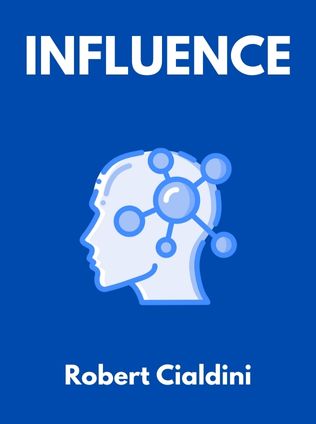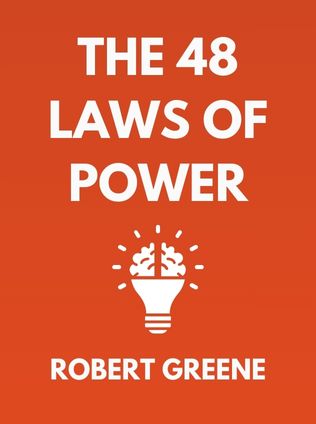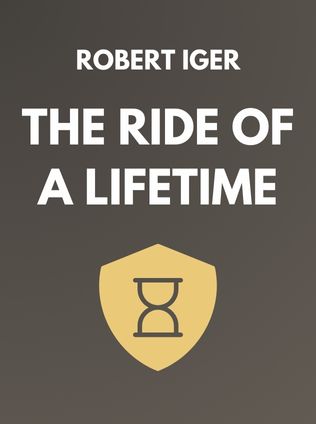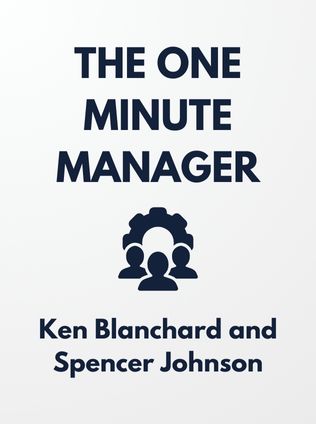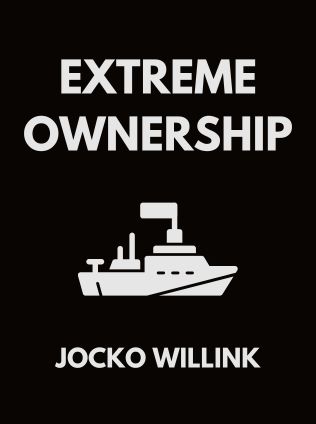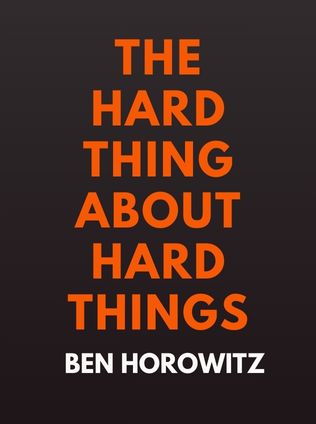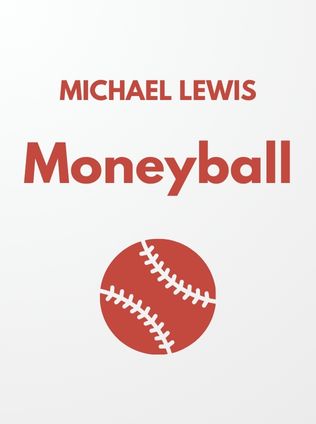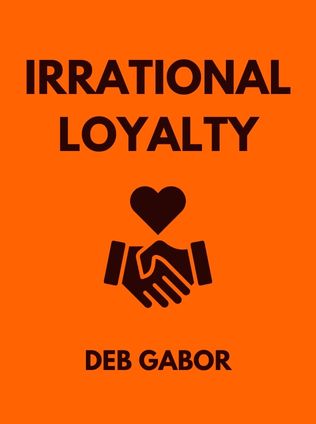
Irrational Loyalty
Building a Brand That Thrives in Turbulent Times
By Deb Gabor
Published 03/2019
About the Author
Deb Gabor is the founder of Sol Marketing, a consultancy that has led successful strategy engagements since 2003 for global brands like Dell, Microsoft, and NBCUniversal, and for numerous digital brands, including Allrecipes, Cheezburger, HomeAway, and many more. As a leading expert on brand disasters, she has been featured in USA Today and other major publications.
Main Idea
In Irrational Loyalty: Building a Brand That Thrives in Turbulent Times, author Deb Gabor shows CEOs, VPs, and marketing and branding professionals how to build a brand with customers that are so dedicated that their loyalty is irrational. Irrational loyalty exists when customers are so dedicated to a certain brand that their lives would be diminished if that product disappeared. Customers with irrational loyalty wouldn’t even consider using an alternative brand because they would feel like they were cheating. The way brands build irrational loyalty among their customers is by bonding emotionally. Brands thrive when they have committed relationships with their customers for the long term.
Table of Contents
- Brands Are Like People
- Three “Brand Questions”
- Brand-New World
- Crisis of Leadership or Culture
- Surviving Brand Disasters
- Build a Brand That Thrives
Brands Are Like People
The brand-customer relationship is analogous to a romantic relationship between two people. First, they meet; they become interested in one another and there is a courtship. Then they begin to date each other exclusively, and eventually, they fall into a well-worn routine of contentment and comfort being together. Slowly, the values and belief system of the other person comes into focus, and their actions and behaviors make sense. That is, until one of them cheats or screws up in some major way.
The relationship between brands and customers is very similar. The way people behave, what they say, what they do, how they act, how they engage with other people—in all of those things, you see evidence of values and beliefs. The same is true of a brand. The values and beliefs of a brand drive their actions. If your brand isn’t living, breathing, and acting according to your values and beliefs, your brand is broken.
In any good relationship, you want to build equity in the emotional bank account. This happens when you clearly express your values and beliefs, and then consistently behave in a way that’s aligned with those stated values and beliefs. You are confident that they have your back and that they won’t let you down. As a result, they become an important, indispensable part of your life. Brands also build loyalty this way. They are clear about what they stand for. They are consistent in their actions. And eventually, they become meaningful and indispensable to their customers. Brands really are like people. Humans have compassion, feelings, values, and beliefs. So do great brands.
Three “Brand Questions”
There are three “brand questions” that must be asked and answered in order to build the foundation of a great brand. These questions are designed to get at the emotional core of your brand. Asking these three questions will help you identify the brand values and beliefs which will then guide all future actions. The clearer your get with your answers to the three questions, the stronger your brand promise will be.
- What does it say about a person that uses this brand?
The functional features and benefits of two similar products from different brands might be exactly the same. But the customer chooses one brand over another because it helps him communicate something not only to the rest of the world but also to himself about himself through its use.
- What is the singular thing customers get from this brand that they cannot get elsewhere?
Customers choose great brands because those brands are singular in delivering on a very specific promise for the customer. This question gets to the essence of your brand; it’s the part of the brand that makes you, you.
Sign up for FREE and get access to 1,400+ books summaries.
You May Also Like
The Lean Startup
How Today's Entrepreneurs Use Continuous Innovation to Create Radically Successful Businesses
By Eric RiesWho Moved My Cheese?
An Amazing Way to Deal with Change in Your Work and in Your Life
By Spencer Johnson, M.D.Make Your Bed
Little Things That Can Change Your Life...And Maybe the World
By William H. McRavenThe Ride of a Lifetime
Lessons Learned from 15 Years as CEO of the Walt Disney Company
By Robert IgerThe Hard Thing About Hard Things
Building a Business When There Are No Easy Answers
By Ben Horowitz












